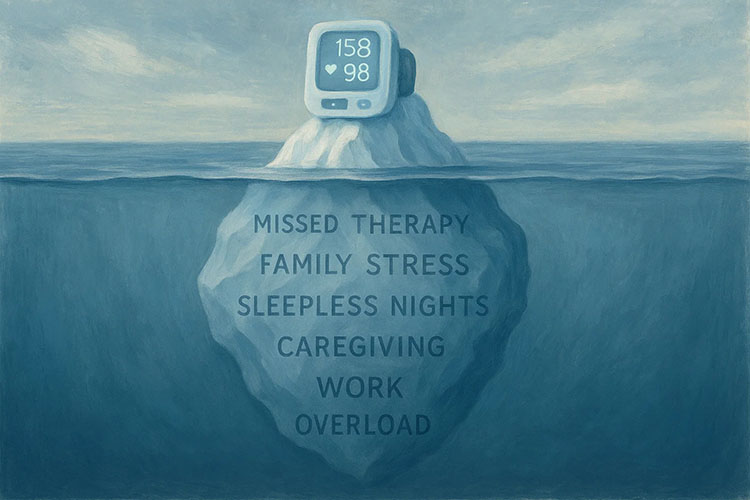
This is a question which arises way too often, especially in spring every year. You wake up in the morning; you have a stuffy nose, a dry cough, headache, and probably many other symptoms. You feel horrible. Now that big question comes up; is this an allergy or a cold? A cold usually lasts a week (7-10 days); while allergies can last much longer, depending on the season and the cause of the allergy.
What Causes a Cold?
A cold is brought on by a tiny virus that causes you to get sick. There are hundreds of different types of viruses that can cause one to get sick. Your body attacks the virus, and causes you to have a cough, stuffy nose and sometimes a fever. The virus that causes a cold is contagious and is easily spread.
What Causes an Allergy?
An allergy is caused by an overactive immune system where, for some odd reason, your body mistakes simple things like dust and pollen as a germ, and attacks. In response to this attack, your body releases chemicals such as histamine to ward off the “invader”. These releases of histamine cause your nasal passages to swell. Sneezing, itchy and watery eyes, dry cough, are just some of the other accompanying symptoms.
A cold usually happens in the colder months, whereas an allergy usually arises in spring of every year and can last into the summer months. The length of the allergy depends on the cause of the allergy.
What are the Symptoms and How Do I Recognize the Difference?
The symptoms for a cold vs allergy may be similar but vary depending on the cause. Symptoms of a cold usually take a few days to appear after being exposed to the virus. Allergy symptoms appear as soon as you are exposed to the allergen trigger; pollen, grass, dog/cat, food, and many other triggers.
A cold has many different symptoms, which an allergy does not have. A cold, presents with cough, aches, fatigue, sore throat and a stuffy or runny nose. A cold can cause, fever, headache, and earache. Allergy presents with, itchy, watery eyes, scratchy throat, and stuffy or runny nose. Although sometimes allergies can cause headaches, they do not cause fever, fatigue or aches and pains.
What Are My Treatment Options?
How you treat a cold or allergy is different also. A cold usually doesn’t need medical treatment and runs its course within a two-week period. Taking an over the counter pain reliever usually helps with the aches and pains, and an over the counter cough medicine usually helps with the annoying cough. However, if symptoms last more than two weeks, a doctor should be consulted.
An allergy, if it is a simple one, can be treated with over the counter allergy medications to help relieve the symptoms. But if it is a chronic problem, an allergist may be needed to treat long lasting, chronic allergies. Some allergies can be severe enough that emergency intervention is needed because the airway becomes compromised.



